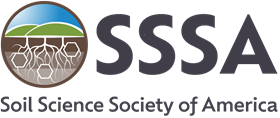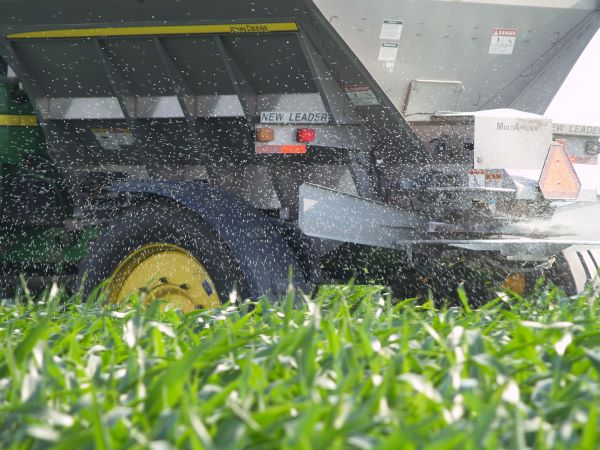Federal Agencies
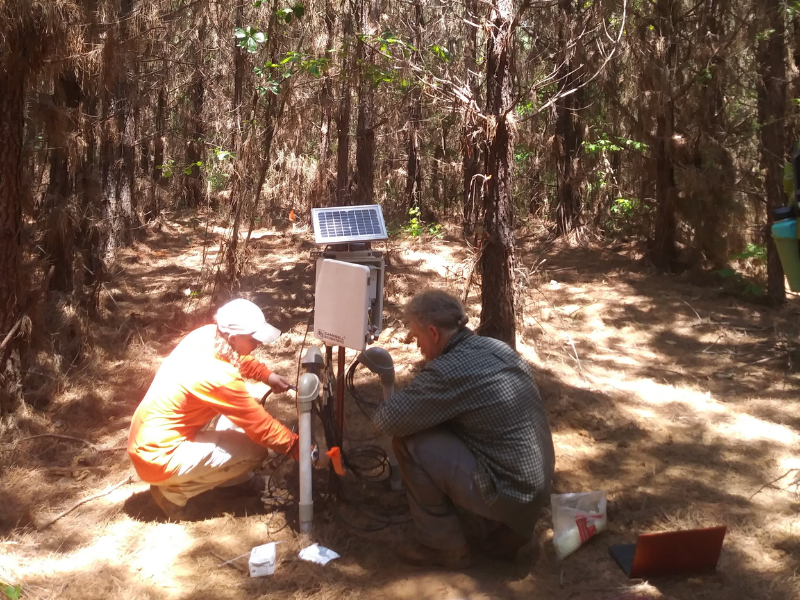
Severe wildfires have become annual events in the United States. The years 2020 and 2021 were the worst in wildfire history in California. Other states – and countries – are at risk as well. Climate change is making wildfires more likely in some places. And with heavy populations residing in areas bordering wildlands and forests, many people are more likely to experience serious wildfires.
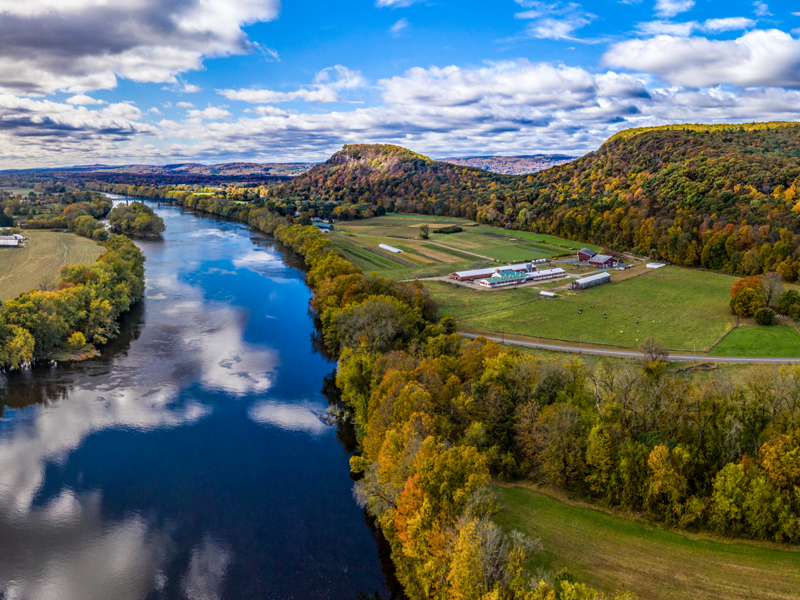
This week, ASA, CSSA, and SSSA offered comments to the Natural Resources Conservation Service (NRCS) regarding implementation of funding received through the Inflation Reduction Act (IRA) to support climate-smart agriculture and conservation that reflect the boots-on-the-ground realities facing producers enrolling and implementing conservation programs. We likewise were pleased to provide input from the scientific community on innovative means to quantify outcomes and tackle these challenges.
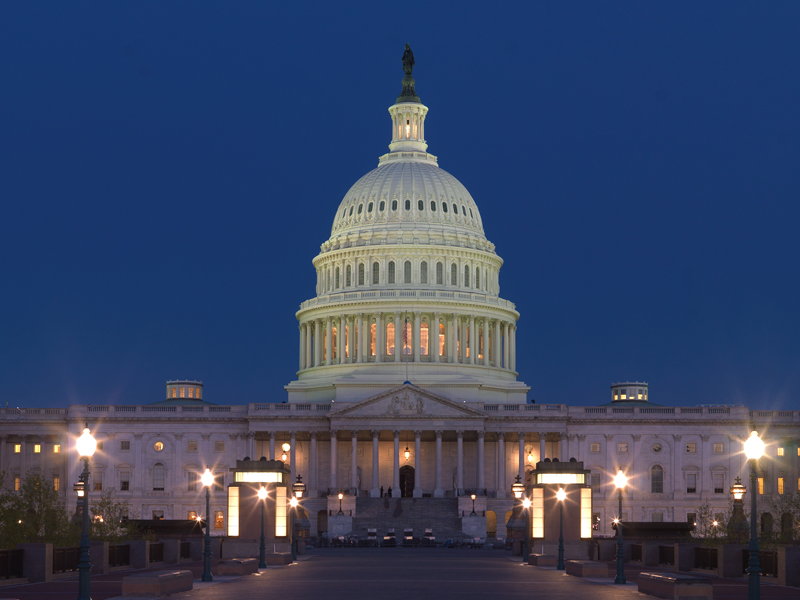
Today, ASA, CSSA, and SSSA sent a letter to Congressional Appropriations Committee leadership urging them to robustly fund agricultural research programs in FY23. The letter, led by ASA, CSSA, and SSSA, was signed by 88 organizations across the agricultural research community.
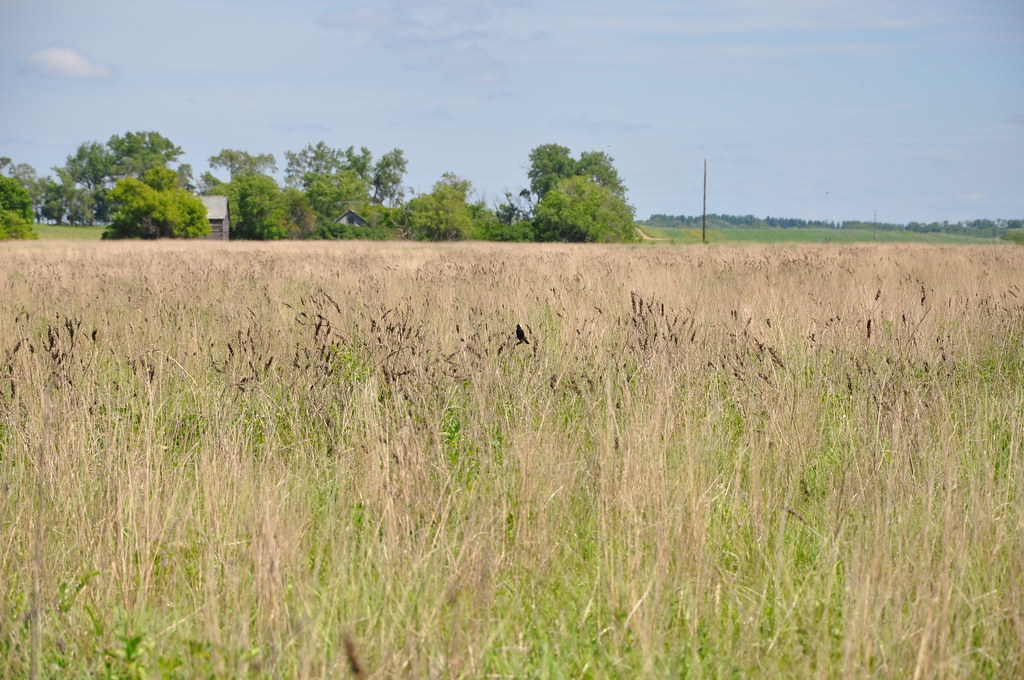
Given current global challenges, lawmakers have proposed allowing select land currently enrolled or soon-to-be enrolled in the Conservation Reserve Program (CRP) to be opened for crop production in the immediate future. In 2021, approximately 315,000 U.S. producers received CRP payments, accounting for roughly 22 million acres enrolled in the CRP program or 8.7% of U.S. cropland.

Seeing the rapidly increasing focus on agriculture as a climate solution, ASA, CSSA, and SSSA released a new climate solutions position statement, Advancing Resilient Agriculture: Recommendations to Address Climate Change, which outlines concrete actions policymakers can take right now to help U.S. agriculture mitigate climate change and adapt to its effects.

Over the past several weeks, both the House and Senate approved bipartisan legislation that would significantly grow the NSF budget - now they just need to reconcile the differences between the two bills. After a weeks-long debate, the Senate passed the U.S. Innovation and Competition Act.
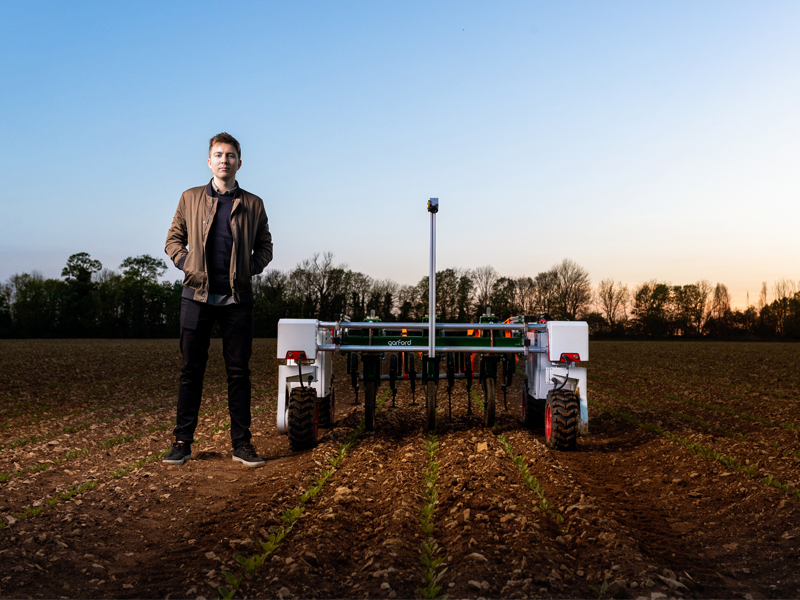
The Agriculture Advanced Research and Development Authority (AgARDA) is a pilot project created in the 2018 Farm Bill for a USDA-based “Advanced Research Projects Agency” like DARPA or ARPA-E but for agriculture research. The program is authorized at $50 million, but has not yet received funding through the annual Congressional funding process. ASA, CSSA, and SSSA enlisted a group of experts to develop an AgARDA Roadmap that could be used by USDA as a guide for how the program should be set up.

President Biden unveiled a $2.5 trillion jobs plan focused on infrastructure and the climate. In the American Jobs Plan, Biden aims to tackle some of the nation’s most pressing problems — from climate change to decaying water systems to the nation’s crumbling infrastructure.
